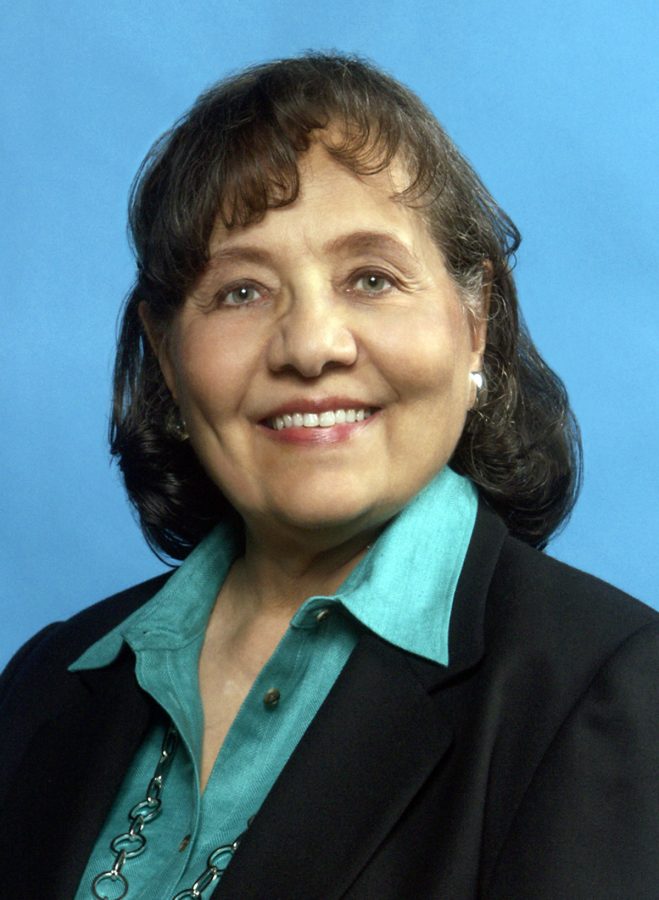In the winter of 1960, a young black woman by the name of Diane Nash sat down at a whites-only lunch counter in Nashville, Tenn. She was ridiculed, provoked, and tormented, but continued to sit alongside her fellow black protesters in a movement against segregation.
Today, Nash, 77, is thought to be a significant leader in the Civil Rights Movement and will be delivering a keynote lecture at Williams Center for the Arts on Wednesday, in celebration of Black Heritage Month.
The talk is a coordinated effort by Lafayette College’s Office Intercultural Development to reflect on the successes of the American Civil Rights Movement. But it is also, according to Dean of Intercultural Development John McKnight, a reflection on the ongoing challenges our nation faces in the pursuit of racial justice and equity.
In a phone interview with Nash, she explained her reason for joining the Civil Rights Movement over fifty years ago.
“When I obeyed segregation rules, I felt like I was agreeing that I was too inferior to use the front doors,” Nash said. “It was very limiting. I was at a period in my life where I wanted to go new places and meet new people, and segregation countered that.”
Nash was one of the founders of the national sit-in movement across whites-only restaurants in Nashville, a movement that later extended to the South. She was also part of the Freedom Riders, which she joined in 1961, and was a co-founder of the Student Nonviolent Coordinating Committee, where she assisted initiating the Alabama Voting Rights Project and the Selma Voting Rights Movement.
Nash said that she was satisfied by the many successes of the Civil Rights Movement. But she acknowledged that there are still problems of racism in today.
“I think American citizens need to understand that voting is not enough, that voting is very important, but it’s not enough,” she said. “Citizens need to take the interest of this country into their own hands and practice nonviolence.”
McKnight, agreed, writing in an email that racism is still “alive and well in the United States.” He compared the Civil Rights Movement of the sixties to the Black Lives Matter movement of the current generation.
“Racism is as foundational in the United States as the Constitution,” he wrote. “I don’t think that what we’ve seen over the past 18 months to two years with regard to the Black Lives Matter movement is at all new.”
“I think that this generation of young people are boiling over with emotion in their resistance to overt and covert forms of racial injustice, and they’re choosing to do so in very public ways,” he added.
Nash hopes her talk will translate to students at Lafayette.
“One thing that I hope [students will take away from the lecture] is that when they see things that need to be changed in society today, they won’t think ‘it’s impossible to make those changes,’” Nash said. “I want them to understand that it was ordinary people that initiated that movement.”






































































































